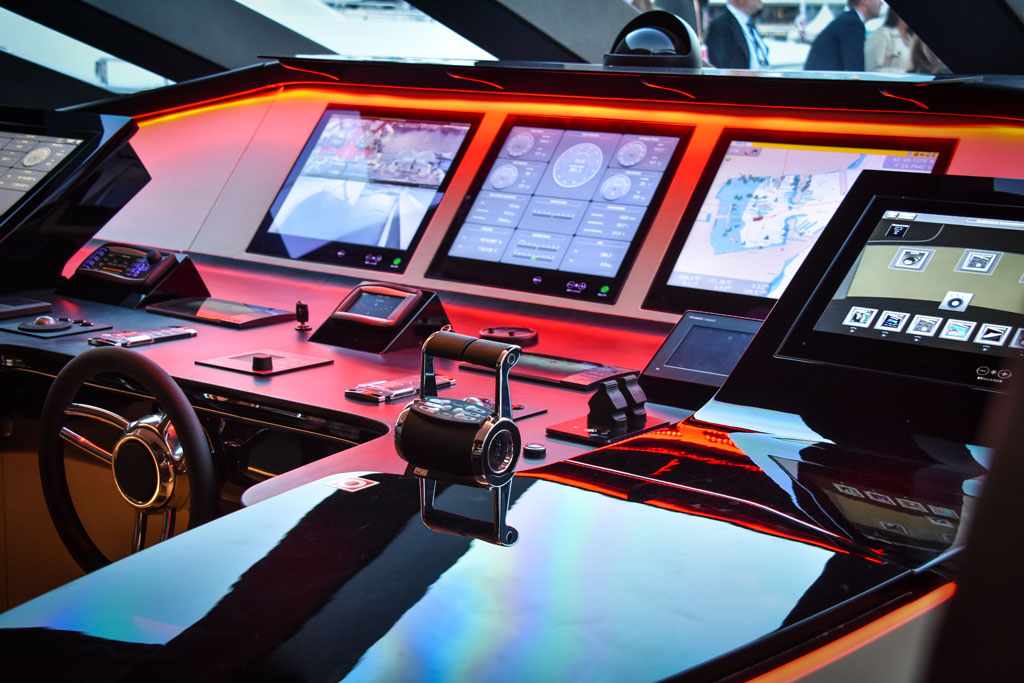
Overview of Maritime Security and Definitions
For ages, shipping has been vulnerable to various maritime crimes. The collected data from maritime security incidents is a clear reflection of the fact that the industry was exposed to multiple maritime crimes year after year. Threats to the maritime industry were also seen during the Iran-Iraq war days. Numerous ships and maritime infrastructure were targeted during the period 1980- 1988. The hijacking of the Achille Lauro on October 7, 1985, an Italian cruise ship carrying 400 passengers by the Palestinian Liberation Front and killing of 69-year-old Leon Klinghoffer, a Jewish-American exposed the lack of security in the industry. This incident raised concerns among the International Maritime Organization member states, as it threatened numerous human lives.
The terrorist attack on the United States in 2001 further drew the attention of the world to the severity of the crime that may be committed and the level of motivation of the perpetrators. The hijacking of an aircraft is rare as it involves the crossing of several security barriers in the presence of security officials. However, no such barriers exist when a ship is at sea. Criminals can easily board a ship, overpower the crew and exploit it for achieving their goals. Some security experts fear that the biggest nightmare would be if a ship carrying explosive cargo, like LNG, were to be hijacked to be used as Weapon of Mass Destruction (WMD). The extent of damage that could be caused in such case can be seen from the collision between Norwegian steamer, Belgian relief ship Imo and ammunition steamer Mont Blanc on December 6, 1917, in Halifax Harbor. The collision resulted in an explosion that destroyed more than 325 acres of Halifax city, killing more than 1600 people, injuring more than 9,000, and destroying more than 12,000 buildings.
Read more: Fears and Facts in Maritime Security
For years, yachts and oceans have been used to get away from the crowds, media, and various sets of prying eyes. This is rapidly changing with consumer drones that are cheap and easy to obtain and control. They are able to fly kilometers on a single charge and by pilots having minimal training. Powerful cameras are attached to the drone’s underbelly and their use is changing what used to be a tranquil space. While beneficial uses of drones are plentiful, so are the nefarious applications. ISIS has been reported to strap DIY grenades to drones and deploy against Iraqi military and civilian populations. Plane spotters deploying drones have been creating havoc around airports with flights halted until the drones are neutralized. Prisons regularly report that contraband is delivered by drones and there are many other novel uses of this new technology.
Read more: Drones: a new privacy threat

On the occasion of people being rescued at sea such as immigrants, some sort of negotiations might be required in order to maintain order and safety onboard a yacht. Likewise, on the occasion of a hostage situation, some basic negotiation skills will be needed to make an understanding of the situation. Though in such cases professional negotiators will be eventually involved as soon as the authorities arrive on the scene, there will always be a critical time gap between the occurrence of the incident and the take-over by professionals.
We negotiate every day, with co-workers, friends, and spouses. Some negotiations might be small, such as what restaurant will have dinner tonight or who will drive the kids to school and some might involve large stakes, such as convince people to stop posing a threat to themselves or others. Situations as the latter go beyond the level of a simple disagreement, they are extremely stressful and could easily end-up in a conflict if not being the result of a conflict that wasn’t dealt in a positive and constructive way. Usually, the sooner one deals with a conflict by negotiating the better possibilities will have to resolve it but the timely response will not do only.
Read more: The Value of Active Listening and its Importance in Negotiations






